Music, like other creative pursuits, is really competitive. Lots of people make some kind of music, and with the advances in technology over the past 30 years, there’s been a continual acceleration in both the quantity and quality of self-produced music. This is great in that it allows for a much wider range of self-expression, and it’s made the creation and production of music a thing that so many more people can participate in.
But honestly, the result isn’t really that great for either creators or for listeners. What was always a buyers market is now even more so. Bands and musicians that might have had a dedicated local audience and made a bit of money playing in local clubs now have to fight to get heard by a global audience. They compete against others who are bigger and much better funded. Listeners have to balance their desire to hear new things against their need (want?) to go deeper – to build relationships with artists.
Listeners like me have become spoiled and lazy.
As a listener, I am utterly overwhelmed by the amount of excellent music available for my listening pleasure. I’ve never been satisfied with limiting my listening to a narrow range, and I love devouring new things, especially surprising ones. But I have sacrificed something I used to have – an understanding of an artist’s catalog and point of view that can only really be had by spending more time with them. I have become a musical dilettante.
Here’s my boomer take on this – when I was growing up in the 80s and had to seek out music, it was hard. MTV and mainstream radio weren’t enough for me. There were a couple college radio stations which were much more eclectic, and sometimes great (shout out WFMU – the best college radio station I’ve listened to). There were a couple non-chain record stores in the area, but just a couple. I used to regularly drive about 45 minutes to a record store several towns away. (This was Sound Exchange in Wayne, NJ – I happily discovered they’re still a going concern!) I’d spend whatever cash I could to pick up cassettes and CDs of more obscure music. There were just a couple venues nearby that would host offbeat shows. I didn’t grow up in a city, so I had to work for it.
None of these – radio, record stores, venues – are part of music discovery in any meaningful way for almost anyone anymore. Which means that the ways that creative people make and share their music have been totally upended. The structure of the music business (record labels, managers, promoters, music-driven radio stations, and more) has had to shift to accommodate, and have opened up lots of opportunities for others (the ‘platforms’ and ‘apps’) to step into this new internet space.
Spotify (and all the other [insert corporate name] Musics) have made listeners spoiled and lazy, by giving us instant and increasingly helpfully curated access to the vast majority of music ever recorded for the price of a few bucks (or constant ads). I don’t have to gas up my car, drive across a couple counties, and spend hundreds of dollars at a time to bring home a bunch of music and hope that it’s good. I can just listen to it, right freaking now.
——-
And now we’re coming around to the point, which might be surprising to you if you’re not a creative person: creation is irrevocably intertwined with promotion. And not everyone who’s good at creating things is good at promoting them.
Creating music gives me energy…promotion does the opposite.
Promotion is surprisingly formulaic, but can be exhausting. For me, when I need to make a choice between working on something creative and promoting something I’ve made, I literally always choose the creative thing. And I do this for a very specific and clear reason: I’m experienced enough in this cycle to know which things I do give me energy, and which drain me. Creating music gives me energy, as does writing like this. Promotion does the opposite – it saps my energy and stifles my creativity and the whole thing can come to a crashing halt if I’m not paying attention to what’s happening.
I spent literally 20 years away from making music, and just came back to it a couple years ago. That 20-year break was the culmination of a long-building frustration. I had spent probably 15 years of my life centered on music. I sacrificed for music in significant ways. My life got harder, and over time my passion turned into resentment. So much resentment I decided to just walk away from music-making indefinitely. I’m so glad I came back to it, but I learned a valuable lesson: I need to pay attention to my own emotional and mental state and understand what I can and can’t sustain.
One of the reasons I got to that place of burnout was that I didn’t say ‘no’ to enough things, or to the right things. Or maybe that the things I said ‘yes’ to were driven by a lack of clear understanding between the balance of maintaining creative energy and making a living from my creative endeavors.
I’m a business person. I have started and run several businesses. I know how to make money. But moneymaking pursuits drain me in the same way that promoting my music does. They take a certain kind of creativity and energy – they use the same mental muscles and the same energy stores. I find that when I connect my music making to the money making part of my brain, music-making starts to feel like work, and I lose the spark to create special things – to express myself, and collaborate, and just make music I love.
But here’s the rub: I still have a strong desire for others to hear my music, and because of the explosion of music, I have to continually work harder to make this happen. For me, I can’t do both together and do both well.
The reality is that the reach of popular music vs other less-widespread good music is often separated by the amount of energy put into promotion. And this makes promotion feel necessary to me, and sometimes leads to me skipping important questions – ones like: “why do I care about how many people hear my music?”, and “is this worth the drain on my limited energy and time?”
For me, promotion is drudgery. It’s repetitive, and feels inauthentic. This has less to do with my lack of knowledge about how to do it then the reality of this repetition: Make a song, mix it, master it, great. Then make a cover image, release it to a couple dozen platforms, and post about it on ‘social media’, and submit it to playlists, OK. Then do the same for some older songs to keep them in the listeners’ ears. This starts to feel like bookkeeping for me, or washing windows – soul-crushing, mindless, passionless, busywork. And to do it well, it needs my authentic energy behind it – I need to constantly convey excitement about music I’m not really all that excited about anymore because the joy has been sucked out of it for me. It’s a performance, with all the demands of performing.
And so I just don’t do much to promote my music. I do release it. I do make fun covers. I sometimes remember to submit a track for playlisting. Sometimes I do more when I feel like it. I fight the FOMO. For me, this is the right strategy.
Other artists might have a different set of needs. But I think the point is that I shouldn’t assume that just because someone else spends a lot of time sending their tracks out for playlisters or being active on Instagram, or whatever, that I should just do what they do. In the end, the results might be really different, and it just might not be the best way for me to spend my time and energy.
Feeding the internet content beast is a suckers game.
This is the introduction to a series of posts I’ll be doing over the next several months that don’t talk at all about how to promote music, but try to get at the why. Why do I put in the effort that I do, limited such as it is, at all? Why don’t I just make music and play it for my wife and dog at home and go to sleep satisfied? (Because I don’t do that, even though I could.)
I hope you find these conversations as interesting as I do. Maybe you’ll want to be part of them – I’d love to hear from you. You can find me on the IMF discord, or on Reddit. You might find my music elsewhere, but I probably won’t see anything you send me on Soundcloud, or Youtube, or Instagram, or wherever. Because my limits are what they are, and I’m focusing my energy on making music!
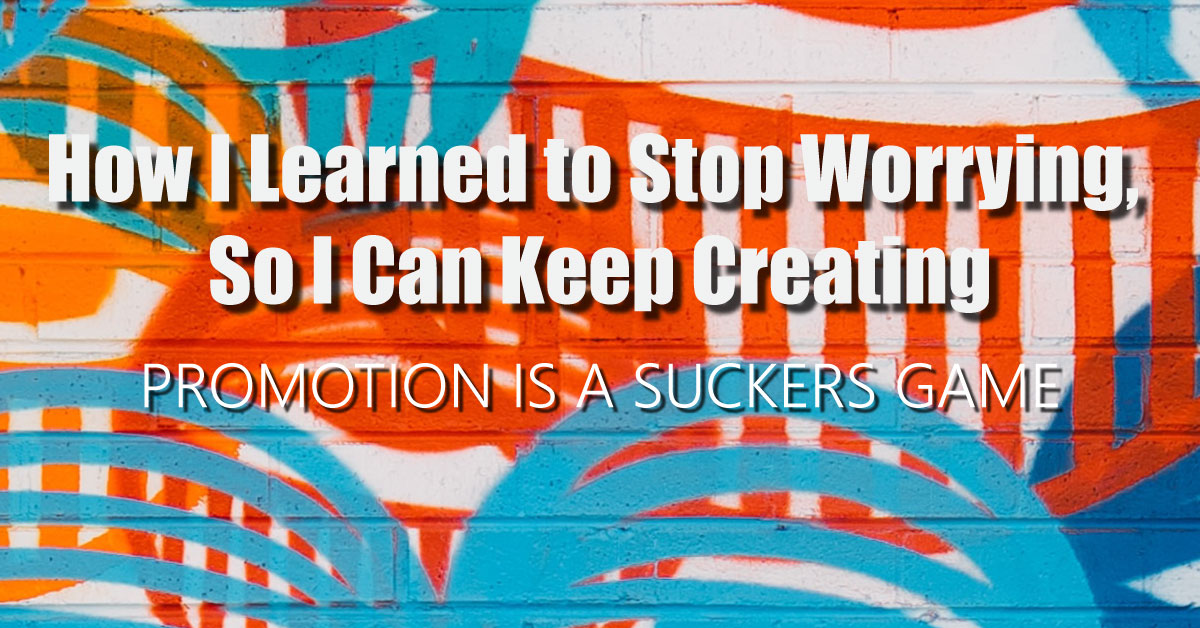
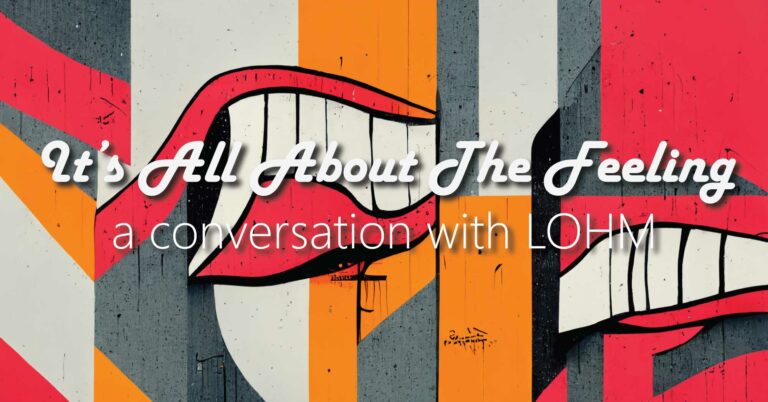
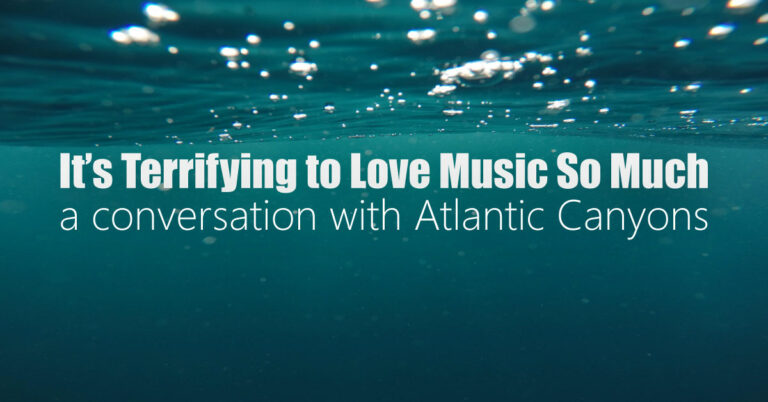
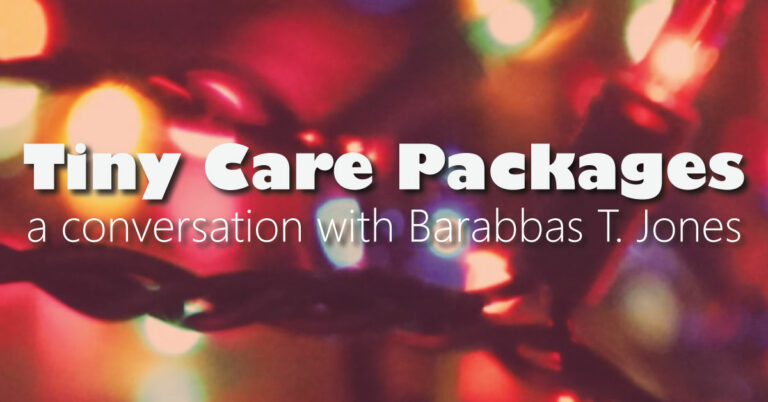
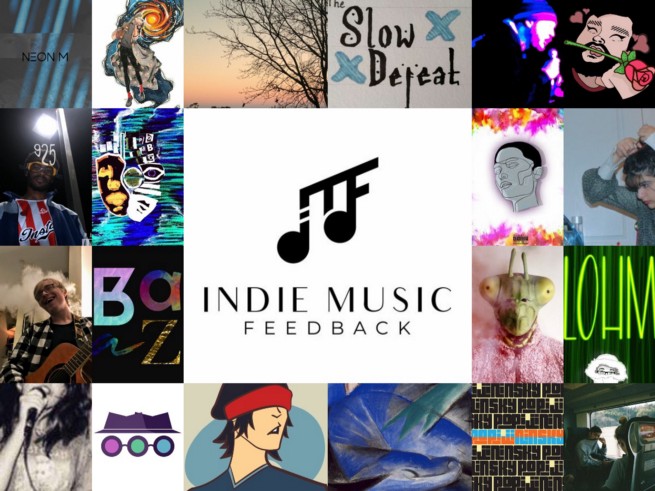
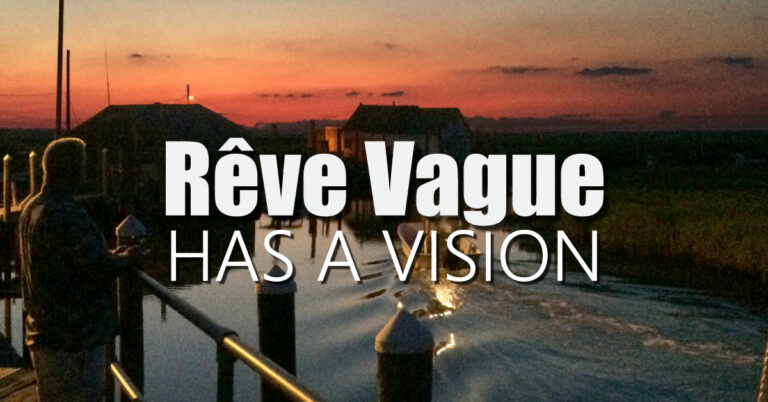
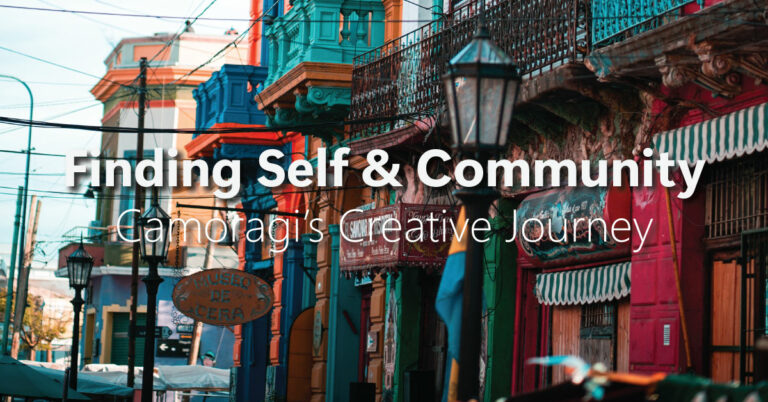
Very excited to read more of this! Definitely strikes strings with me and I’m sure many other artists! We end up even feeling slightly guilty if we don’t want to partake in the ever-changing internet promotion vortex, strange times.